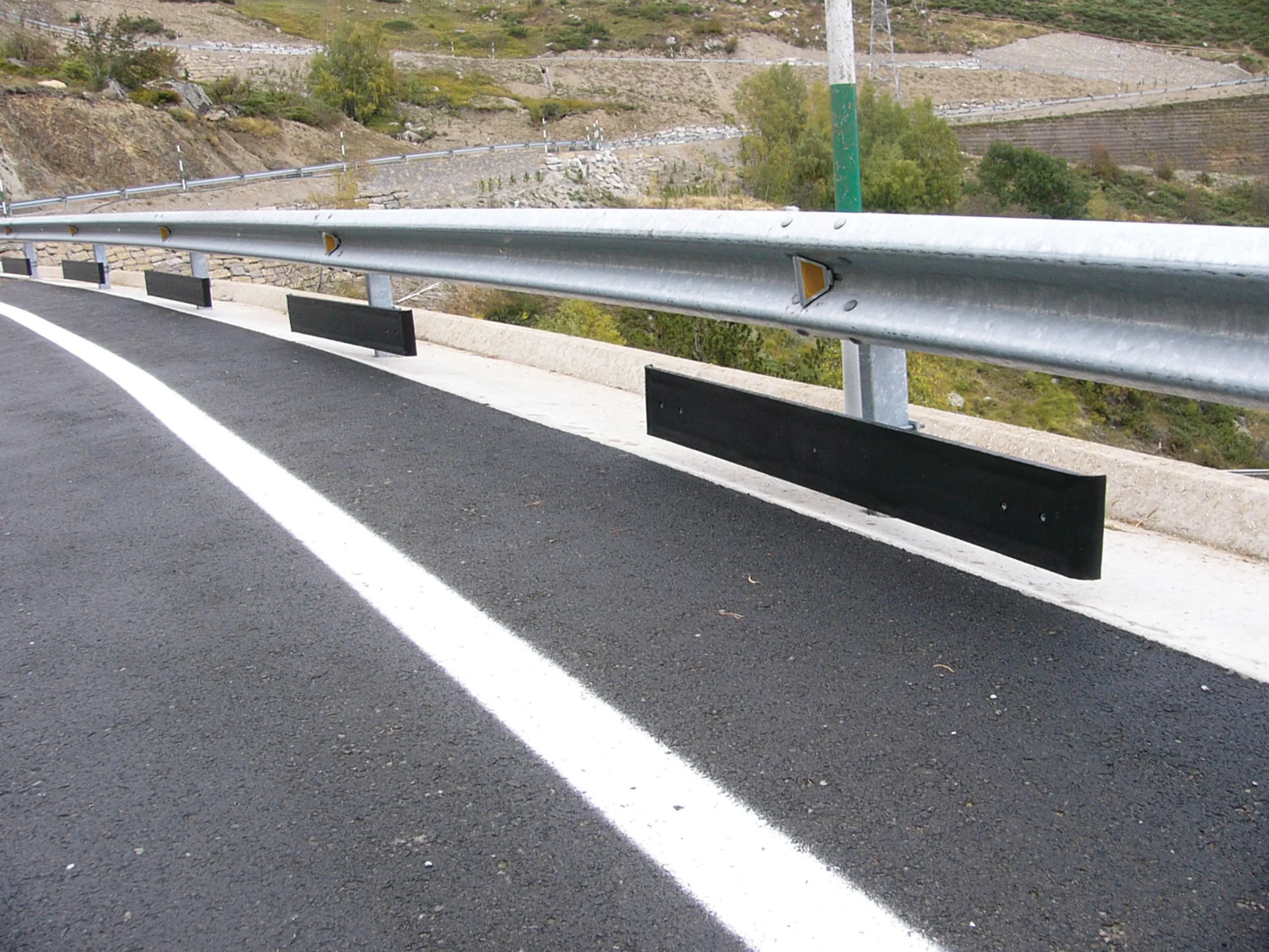Brazil’s road death rate could be reduced with safer vehicles. This has been highlighted by a new research report from the UK’s Transport Research Laboratory (TRL). The report has revealed that 34,000 Brazilian lives could be saved and 350,000 serious injuries prevented by 2030, if UN vehicle safety regulations were adopted and car manufacturers sought to achieve higher ratings in the Latin NCAP crash test programme.
November 16, 2015
Read time: 3 mins
Brazil’s road death rate could be reduced with safer vehicles.
This has been highlighted by a new research report from the UK’s Transport Research Laboratory (777 TRL). The report has revealed that 34,000 Brazilian lives could be saved and 350,000 serious injuries prevented by 2030, if UN vehicle safety regulations were adopted and car manufacturers sought to achieve higher ratings in the Latin NCAP crash test programme.
The independent study was commissioned by Global NCAP and highlights the gap between the regulated vehicle safety standards in the industrialised regions and Brazil. TRL’s findings closely align with the policy recommendations set out by the World Health Organisation (WHO) in its recent Global Status Report on Road Safety.
The new study concludes that Brazil “has started to introduce vehicle safety legislation and Latin NCAP is raising awareness about the importance of car safety and creating consumer based competition to motivate improvements”. However, “to help create an automotive market in Brazil that provides adequate levels of safety, further development of the minimum regulatory standards is required.”
Brazil has clearly made road safety a priority, and supporting much needed legislation will enable them to reach their road safety goals even faster. The report identifies clear regulatory priorities for Brazil including “the need to introduce a side impact crashworthiness test and to mandate for Electronic Stability Control (ESC) to be fitted to every new passenger car.”
The report also sets out a timetable for the adoption of these priorities which “are internationally proven to be cost effective countermeasures that save lives” and that there are clearly “established UN Regulations available to apply now.”
Side impacts are one of the most common collision types which result in car user fatalities and serious injuries. UN Regulation No 95 on lateral collision protection defines a test procedure and performance requirements for a simulated impact of another car into the side of the tested vehicle at 50km/h. The test procedure is well understood by the automotive industry and the engineering knowledge and technology is very mature and cost effective to apply.
Electronic Stability Control (ESC) helps keep a vehicle on course in critical situations such as swerving to avoid an obstacle. It detects understeer or oversteer and counters it by applying the brakes to individual wheels. ESC reduces loss-of-control accidents, such as run-off-road collisions and rollovers, and is known as one of the most effective primary safety systems. It was first introduced on the market in 1995 and became mandatory in the EU in 2011 for new models and in 2014 for all cars.
This has been highlighted by a new research report from the UK’s Transport Research Laboratory (
The independent study was commissioned by Global NCAP and highlights the gap between the regulated vehicle safety standards in the industrialised regions and Brazil. TRL’s findings closely align with the policy recommendations set out by the World Health Organisation (WHO) in its recent Global Status Report on Road Safety.
The new study concludes that Brazil “has started to introduce vehicle safety legislation and Latin NCAP is raising awareness about the importance of car safety and creating consumer based competition to motivate improvements”. However, “to help create an automotive market in Brazil that provides adequate levels of safety, further development of the minimum regulatory standards is required.”
Brazil has clearly made road safety a priority, and supporting much needed legislation will enable them to reach their road safety goals even faster. The report identifies clear regulatory priorities for Brazil including “the need to introduce a side impact crashworthiness test and to mandate for Electronic Stability Control (ESC) to be fitted to every new passenger car.”
The report also sets out a timetable for the adoption of these priorities which “are internationally proven to be cost effective countermeasures that save lives” and that there are clearly “established UN Regulations available to apply now.”
Side impacts are one of the most common collision types which result in car user fatalities and serious injuries. UN Regulation No 95 on lateral collision protection defines a test procedure and performance requirements for a simulated impact of another car into the side of the tested vehicle at 50km/h. The test procedure is well understood by the automotive industry and the engineering knowledge and technology is very mature and cost effective to apply.
Electronic Stability Control (ESC) helps keep a vehicle on course in critical situations such as swerving to avoid an obstacle. It detects understeer or oversteer and counters it by applying the brakes to individual wheels. ESC reduces loss-of-control accidents, such as run-off-road collisions and rollovers, and is known as one of the most effective primary safety systems. It was first introduced on the market in 1995 and became mandatory in the EU in 2011 for new models and in 2014 for all cars.








